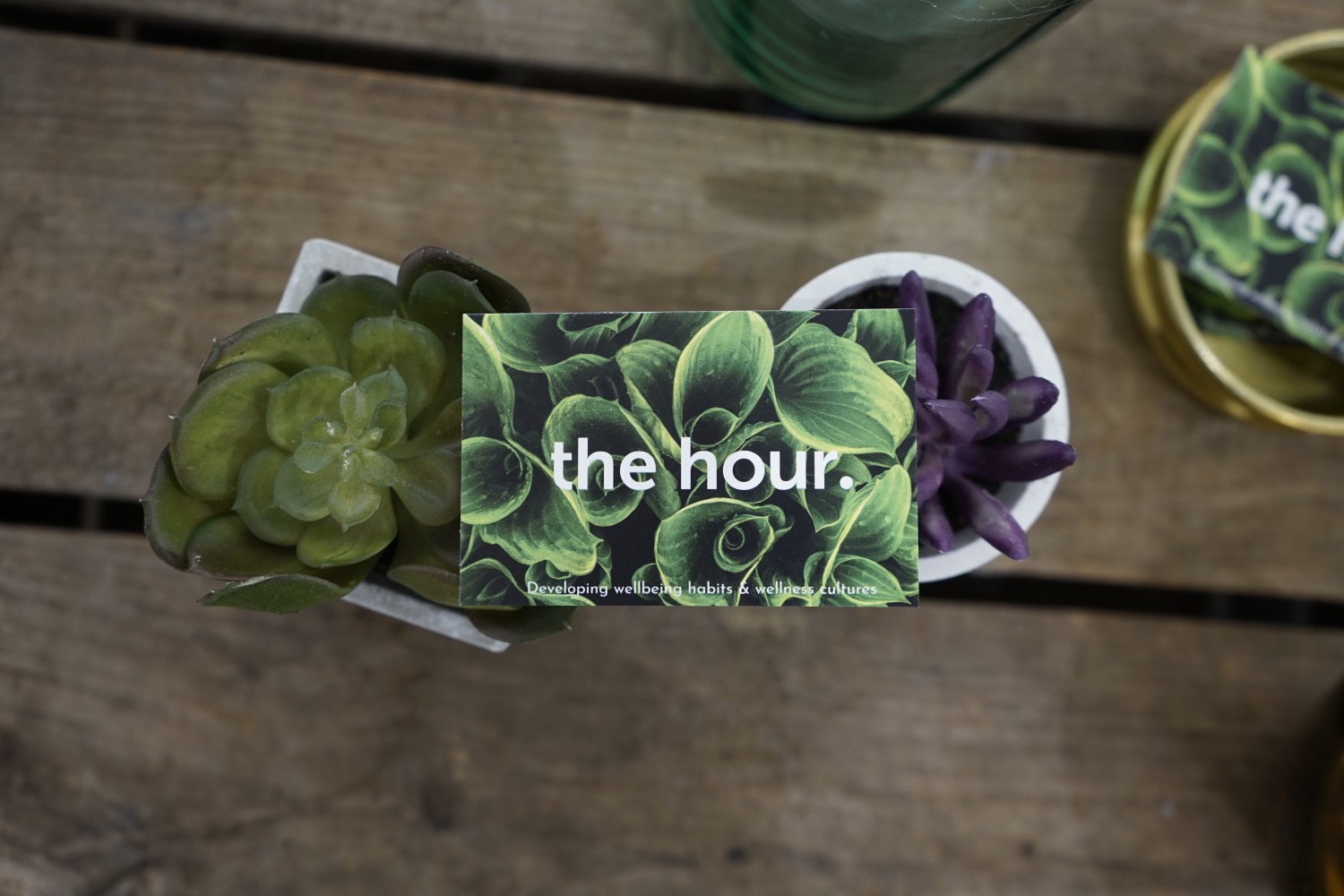Set intentions not resolutions
- The Hour

- Jan 1, 2020
- 3 min read
Most of us fail at our new year resolutions. So how about we make this the year that we set intentions, commit to them and be just a bit kinder to ourselves

Research shows that about 60% if us make new years resolutions. And a month later, only 1 in 4 of us is sticking to them. Only 8% of people who make new years resolutions actually accomplish them.
So why is that? Take a look around you – there’s the mate doing dry January who went to more Christmas parties than the Beatles had Christmas number ones. There’s Red January – doing some form of exercise every day in January – all for a good cause. And of course, Veganuary – giving up eating animal products for the first month of the year. We all have done challenges or made resolutions at the onset of a new juncture.
Inevitably, we do these challenges or make these resolutions, in the hope to do this for longer than a month. We hope this month will kick-start a fresh approach to wellbeing. And we bank on not being in this place next year (regretting how much drink, poor food or lack of exercise we’ve had during the previous year).
Resolutions and month-long challenges don’t work for the majority for a few simple reasons:
1. Research shows writing down goals and aims provides an increased chance of achieving goals compared to verbal intentions
2. The new year-new me approach of heading head first into restrictions has a negative effect on commitment and outcome – restriction mentality doesn’t work
3. When we’re part of a national campaign and momentum and it ends, we lose our accountability and motivation
4. Inevitably many resolutions are about restriction and avoidance rather than achievement and behaviour change ‘stop smoking’ rather than ‘improve my asthma/cardio fitness’
5. Our minds are set for fixed terms – the first month of the new year
Add to this, our inner dialogue which berates us for 'failing' on a particular day, which speaks unkindly to ourselves. Do your respond to kindness or cruelty from others? So why would we think unkindness to ourselves is going to get results?
The writer James Clear, touches on another critical point: “If two people have the same goal, you nothing about the similarity of their results. But if two people have the same daily habits, you can infer quite a bit about the similarity of their results. Your results are largely a by-product of your habits.”
In essence, it’s not one month of drinking more alcohol than is advisable, nor a stream of indulgent weekends which have caused poor physical or mental wellbeing. Its our daily habits over the course of 365 days.
Avoiding the all or nothing noise
So here’s our tips to avoiding starting yet another December of all and another January of nothing - the all or nothing mindset:
1. Go beyond the first month and write down your wellbeing goals as intentions for the first 3, 6 months and year
2. Look at your intentions and see how you can make them measurable
3. You have your intentions, now identify what will help you achieve them – actions, learning, behaviours
4. Don’t enter into a restrictive mindset – ‘eat a more plant-based diet’ not ‘stop having meat’
5. Revisit your goals and identify your WHY. Why do you want to achieve these goals – without a why you understand, you’re less likely to achieve your goal
6. Turn your commitment into actions in your diary – exercise, mental wellbeing practice, healthy food prep, time with loved ones, time alone
7. A final one, we champion the practice of journaling. Why not head to your local stationery shop and buy yourself a handsome notebook. Keep it by your bedside and each evening, note 3 things your grateful for each night that may have happened that day. And use it to note your progress and commitment to your goals.
Intent on a year of kindness
In short, there’s a lot of money behind the January new-year, new-me campaigning. It can be a lucrative time of year for many in the diet and fitness space in particular. Money is made from our 365-day yo-yo cycles. This year, try doing things that will provide a lasting change. Don’t strive for perfection and unrealistic expectations. Set your intentions, write them down, and don’t expect to be perfect. Not even on one day of the year. Try to be kind to yourself for each of the next 365 days




Comments